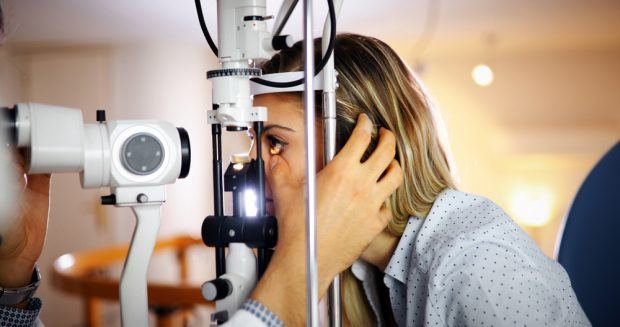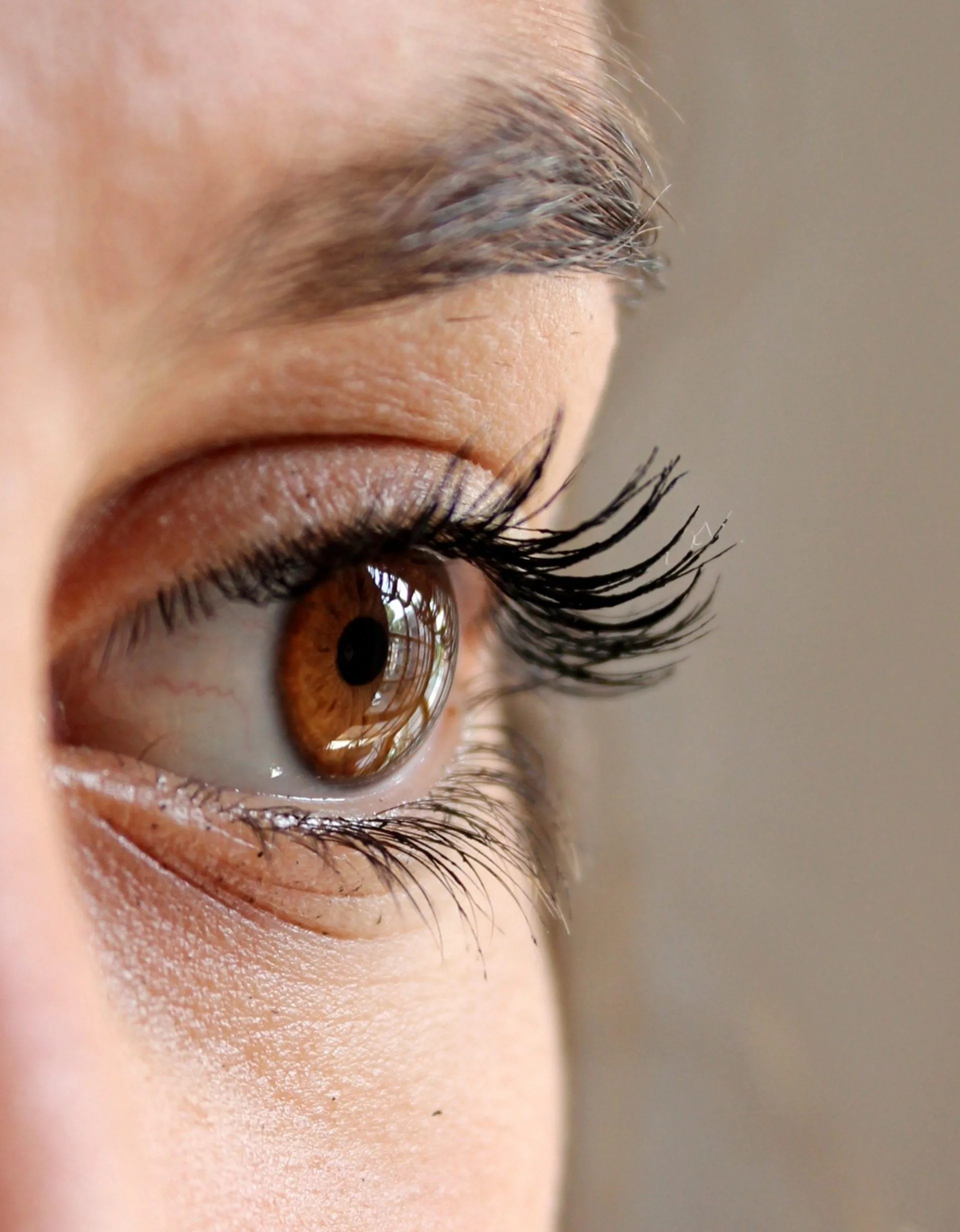An intricate medical procedure, eye surgery encompasses a wide array of operations designed to correct vision, manage eye disease, or repair damaged structures. Whether it’s a common cataract surgery, the precise reshaping involved in LASIK, or a vital retinal repair, these surgeries play an essential role in preserving and enhancing visual health. Longevity Live Paid Content.
While the success of the surgery itself is paramount, the journey toward complete recovery and sustained visual acuity often extends far beyond the operating room. Long-term monitoring and diligent follow-up care are both important. Keep reading to learn more about their role in speeding up recovery and preventing adverse effects.
Why Long-Term Monitoring and Follow-Up Care Matters
The pursuit of optimal recovery after eye surgery is not confined to the operating room; it extends into the days, weeks, and even months that follow.
Early Detection of Complications
Different procedures harbor latent risks that might not manifest immediately, from laser eye surgery to glaucoma surgery. Routine yet astute monitoring can unveil subtle signs of complications such as infection, inflammation, or changes in eye pressure. This early detection can prevent potential setbacks, allowing timely intervention and minimizing long-term impacts. Later in this article, we’ll discuss the potential complications more comprehensively.
Ensuring Proper Healing
The journey of healing is not a monolithic process. It involves an interplay of biological responses. Monitoring serves as a continual assessment of this intricate progress. It might involve repeated visual acuity tests and detailed examinations of the eye’s internal structures. More so, a possible recommendation from retinal surgeons is to use right eye drops to prevent irritation following surgery, which can also speed up healing.
Enhancement of Patient Comfort
The psychological facet of recovery, often overshadowed by its physical counterpart, gains prominence through thoughtful monitoring. Regular interactions with healthcare professionals instill confidence and alleviate anxiety, forging a supportive environment. Customized guidance, understanding of the patient’s unique experience, and responsive care foster a sense of comfort, contributing to both physical wellness and mental well-being.
Facilitation of Lifestyle Adjustments
Post-surgery care typically requires patients to modify daily routines or lifestyle choices. Personalized follow-up care guides patients in adapting to these changes, whether it’s activity restrictions, dietary considerations, environmental protection, or medication management. This tailored support ensures a smooth transition, reinforcing the recovery process and enhancing the patient’s overall well-being. It makes it easier for patients to return to their everyday lives after the procedure.
Essential Elements of Follow-Up Care
The surgical procedure itself is but one stage in the intricate journey toward complete visual restoration and well-being. Follow-up care, a multifaceted endeavor, bridges the gap between surgery and sustained recovery.
Regular Check-Ups and Assessments
Regular check-ups after eye surgery stand as an essential pillar of patient care. They furnish an invaluable perspective on the healing trajectory from initial evaluations to successive assessments. Each appointment, laden with specialized examinations, unfolds specifics of recovery, detecting anomalies and affirming progress. A medical professional may recommend more procedures or other advice to help speed up recovery and ensure the long-term success of the surgery.
Ongoing Treatment Adjustment
The path to full recovery seldom follows a straight line. Adapting to variations and complexities in the healing process requires finesse, expertise, and various treatment modifications. Whether it’s medication adjustments, supplemental therapies, or changes in lifestyle recommendations, these individualized alterations coalesce into a tapestry of patient-centered care. The ability to deftly maneuver through these intricate paths enhances long-term outcomes.
Patient Education and Support
A patient, though the recipient of care, must also participate as an active agent in their recovery. Understanding the surgical procedure, the expected recovery timeline, the importance of adherence to medical advice, and recognizing signs of complications are paramount. The synergy between medical proficiency and patient awareness is not a linear relationship; it’s an evolving, interactive process. Support systems, including patient guides, counseling, and community connections, can amplify this effect, crafting a network that extends support well beyond the clinical setting.
 Most Common Complications Following Eye Surgery
Most Common Complications Following Eye Surgery
Even with meticulous surgical execution and adherence to after-care protocols, complications may arise. Understanding these common complications is pivotal for both healthcare providers and patients, as it fosters awareness, prompt detection, and timely intervention.
Infection
Post-operative infection is a grave concern after procedures like cataract surgery. Manifesting symptoms such as redness, swelling, or unusual discharge require immediate medical attention. Preventive measures include rigorous sterile techniques during surgery and the appropriate use of antibiotic eye drops in the post-operative phase.
Increased Intraocular Pressure (IOP)
A spike in eye pressure following surgery can lead to glaucoma or damage to the optic nerve. Regular monitoring and the prescribed use of eye drops to control pressure are vital in managing this potential complication.
Dry Eyes
A relatively common but usually temporary complication, dry eyes can cause discomfort and blurred vision. Proper lubrication through artificial tears often alleviates this condition.
Retinal Detachment
This serious condition involves the separation of the retina from the underlying tissue. Symptoms might include floaters, flashes of light, or a shadow over the visual field. Early detection through regular follow-up examinations and prompt surgical intervention can mitigate permanent vision loss.
Cystoid Macular Edema (CME)
CME is the swelling of the eye’s macula, leading to distorted or blurred vision. It may be treated with anti-inflammatory eye drops or other medications, underlining the need for proper adherence to prescribed treatments.
Bleeding
Minor bleeding is expected in some surgeries, but significant or persistent bleeding requires immediate care. Understanding the risk factors, including patient medical history, is essential in both prevention and management.
Conclusion
Successful eye surgery is just one piece of the puzzle. It’s equally important, if not more vital, to observe long-term monitoring and follow-up care. Doing so will not only speed up recovery and increase chances of success, but it can also improve overall comfort.
Who is the author?

Andrea Lacey
Andrea Lacey is a health-focused tech and business blogger, always on the lookout for the latest trends and innovations in the wellness industry.
With a wealth of knowledge and insight, she offers readers a unique perspective on the intersection of health, fitness, and technology, addressing the issues that matter most for a balanced life.





![women [longevity live]](https://longevitylive.com/wp-content/uploads/2020/01/photo-of-women-walking-down-the-street-1116984-100x100.jpg)










